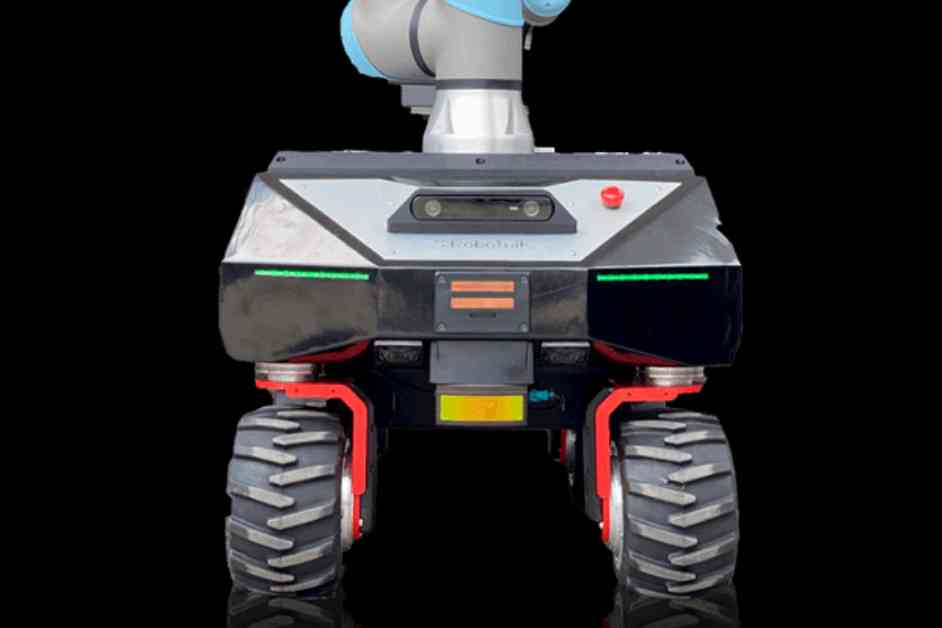Industry 4.0 is all about using advanced technology like AI, IoT, robots, and more to create smart factories for the future. Mobile robot manipulators are a key part of this revolution, offering flexibility, adaptability, and collaboration in industrial processes. The global market for mobile manipulators is expected to reach 1208 billion US dollars by 2030, showing the importance of these machines in the industrial landscape.
One key application of mobile robot manipulators is in material handling and logistics. These robots can automate tasks like loading, unloading, and inventory management, improving efficiency and reducing errors. Companies like Robotnik are developing a variety of mobile manipulators to enhance industrial applications.
Another important application is in packaging and sorting. Mobile manipulators can identify products and place them correctly, improving order accuracy. They are also ideal for assembly line automation, as they can be easily reprogrammed to adapt to changing processes.
In different industries, mobile manipulators play a crucial role. In aerospace and defense, they can handle delicate materials and perform maintenance tasks, increasing precision and safety. In logistics and warehousing, these robots automate tasks like picking and sorting, improving efficiency and reducing downtime. The e-commerce sector utilizes mobile manipulators for high-speed sorting of packages, enhancing order accuracy.
Manufacturing industries benefit from mobile robot manipulators by automating repetitive tasks like assembly and quality control. These robots increase precision and speed up production cycles, meeting high-volume demands efficiently. They also improve worker safety by taking on hazardous operations.
Healthcare facilities are also adopting mobile manipulators to automate tasks like medication delivery and patient assistance. These robots can assist in surgeries and therapy, improving precision and reliability. In agriculture, mobile manipulators help reduce labor costs and increase yield by working efficiently across large fields. They can also collect data on soil conditions and crop health, aiding in better farming techniques.
The future of mobile robot manipulators lies in AI-driven decision making, sustainability, customization, and autonomous fleet management. AI technology allows these robots to operate autonomously and adapt to real-time conditions, improving efficiency. Companies are focusing on developing energy-efficient and eco-friendly designs for these machines to align with global sustainability goals. Customized mobile manipulators that can handle unique tasks are also in demand, as well as autonomous fleet management systems to improve coordination and efficiency.
Overall, mobile robot manipulators are transforming traditional processes and helping businesses adapt to dynamic market demands. As industries move towards smart manufacturing practices, these robots are becoming essential assets for staying competitive in the market.












